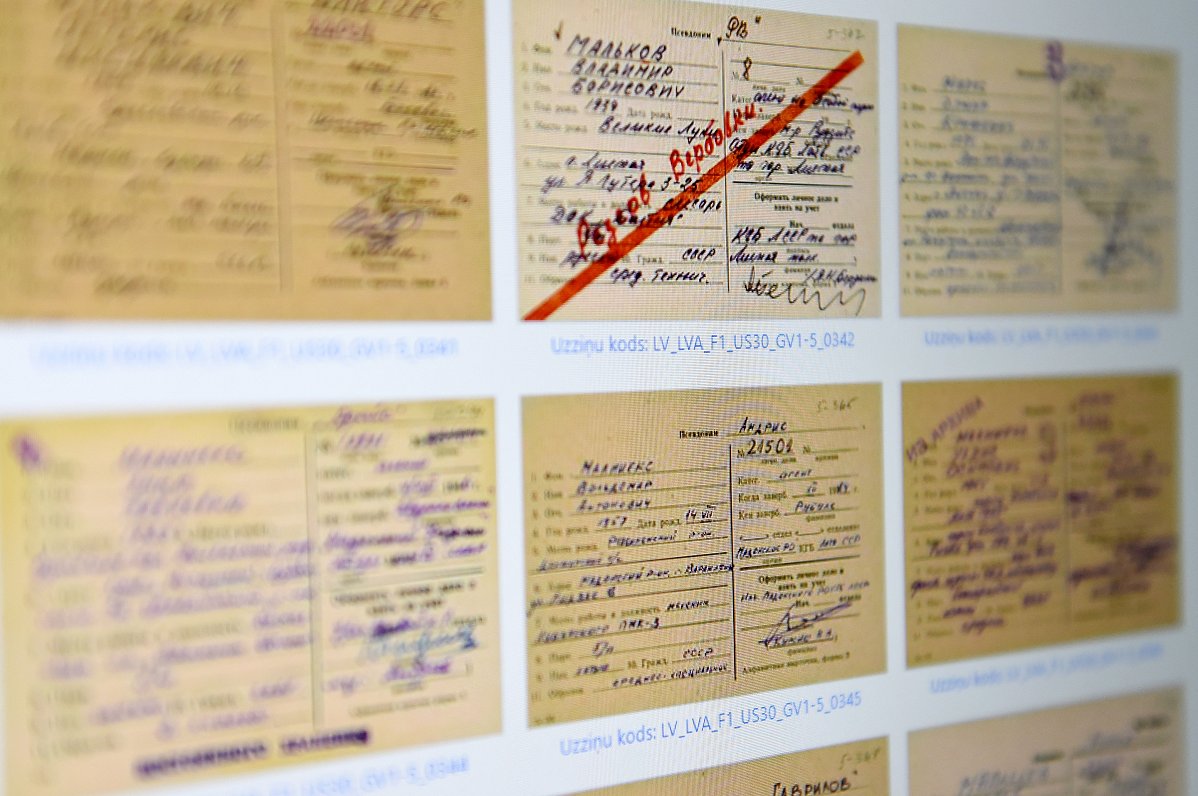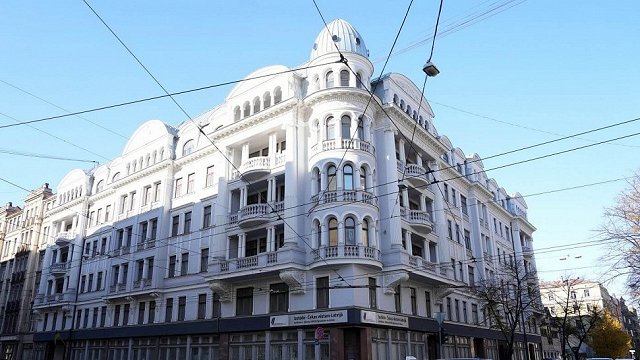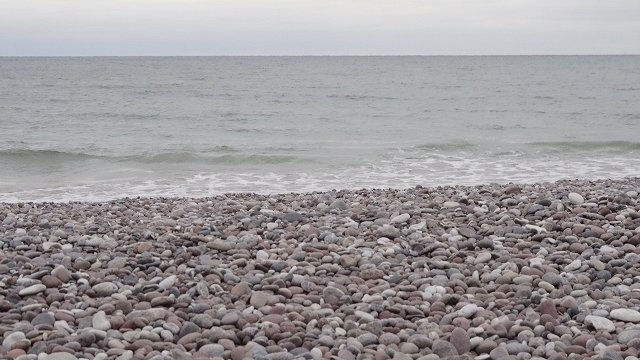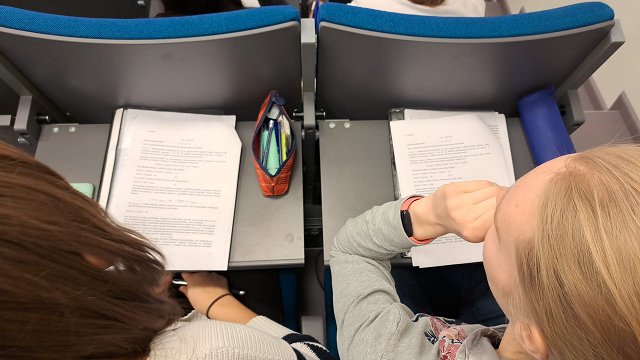The publication of the KGB archives has attracted great public attention, and people are surprised both about the names that are missing and that have been found inside the archives.
Exactly a year ago, notable poet Jānis Rokpelnis used an interview to admit that he had been a KGB agent. "99% of the people who know me were very understanding, because what's important is the motive for collaborating with the Cheka. I wanted to write a revealing book about the Cheka. I was a writer and a publicist. I cannot confirm this motive with documents, but I do know about it myself," said Rokpelnis, adding that he did not know whether his name was found in the KGB archives.
"I came out myself, without any KGB index cards. It was simply the case that my conscious subordinated the instinct of self-preservation," he said.
Now that it is clear that Rokpelnis' name is not found inside the archives, he says that this may testify to that the names of dozens and hundreds of others have been removed from the archives.
Māra Sprūdža, the head of the National Archives, confirms that all the extant index cards with the names of KGB agents have been published, and that huge troves of data have been either destroyed or taken away. No one knows the exact quantity of the documents that have been lost. Public interest about the trove is huge, nevertheless. 32,000 people had registered to peruse the documents by December 27.
Mārtiņš Kaprāns, one of the people tasked with researching the documents, says that while it was obvious that people would react in a negative and judgmental manner, it should be borne in mind that being named in the files does not prove collaboration.
He also says there have hitherto been too few stories from the people who have collaborated with the Cheka.
For example, former University of Latvia Rector and notable physicist Mārcis Auziņš up until now denied that he had collaborated with the KGB. Now, in an entry on his blog, he said he had collaborated to have a chance to study in Beijing.
"If a moral purification was what we were aiming for, I think, of course, it'd be great if many people followed suit...But I think that part of the people found in the archives don't really have much to tell, so maybe they simply want to escape attaching this label to themselves," said Kaprāns.
The National Archives said that due to discrepancies in the law on the archives' publication, court orders proving non-collaboration could not be published until now; now they're due to be published in January.
Some of the people in the KGB files are now turning to the court to have their name cleared.
You can read more about the opening of the KGB archive in our previous stories on the subject.


























